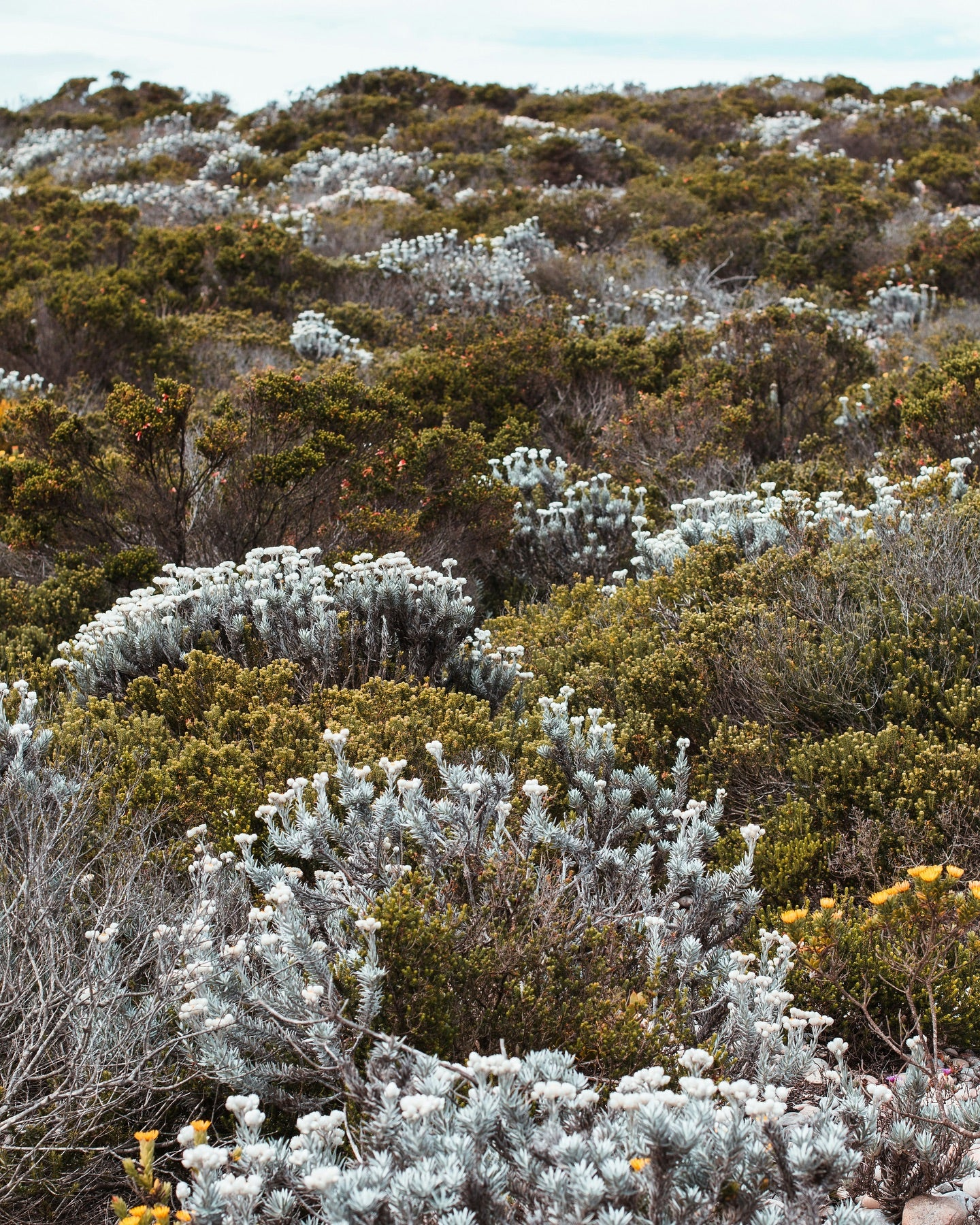Back 2 Nature's Wheat Straw, BIOPlastic Packaging

Fun Facts about Wheat Straw Bio Plastics
- It is renewable, meaning it can be produced indefinitely without depleting the world's resources.
- It is less energy intensive to produce than traditional fossil fuel plastics, therefore produces fewer greenhouse gases during its production than traditional plastics.
- Wheat straw plastic is stronger and more durable than traditional, fossil fuel plastics. It can therefore be used for a variety of applications, such as packaging, construction, and more. Its lifespan of recyclability is also longer.
- The natural fibres make the material sturdy without requiring the addition of toxic fossil fuels like crude oil.
- Wheat Straw plastic is BPA Free.
- It does not contain gluten.
- Wheat straw plastics use up to 30% less plastic than traditional plastics of the same size container.
Wheat Straw Bioplastic VS Fossil Fuel plastics
Wheat straw is the byproduct that is left over after the wheat harvest, and by using it to make a plastic-like substance, it is an ideal zero-waste option.
Wheat straw contains cellulose and by breaking it down, a new product can be created. The process creates the opportunity to make different kinds of polymers. Natural polymers are found in our bodies, like hair and nails. Plastic is made from artificial polymers, but polymers created from wheat straw, are completely natural.Artificial polymers are made from fossil fuels.These polymers are derived from petroleum oil, and made by scientists and engineers. Examples of synthetic polymers include nylon, polyethylene, polyester, teflon and epoxy. Fossil fuels account for over 75% of all greenhouse gas emissions, meaning fossil fuel generated plastics are directly tied to increases in greenhouse gas emissions annually.
How is Wheat Straw "Plastic" Made?
Straw, which is the by-product of the wheat harvest, contains lignin. Lignin is the part of the plant that keeps it standing up. So it is similar to a tree trunk, but for smaller plants. Lignin, when combined with sugar, can be turned into a bio-plastic. First, the lignin needs to be broken down to be able to make the plastic-like material. Lignin is broken down by bacteria called rhodococcus jostii, which is found in soil. The bacteria can produce acid, which easily breaks down the lignin without the use of any artificially produced products, which is far better for the environment. Once the lignin has been broken down, it is mixed with sugar to form a plastic-like substance. This is then moulded into forms like plates, cups, and storage containers.

Are the wheat straw tubes biodegradable ?
Unfortunately the tubes are not 100% biodegradable.
For something to be biodegradable, it requires a very specific environment for the composition to break down. However with the final product being a PE (bio)Plastic, the tubes are 100% recyclable. Since the bioplastic makes for a more durable PE plastic, the ability of long lasting recyclability is much longer than that of a fossil fuel quality plastic.
We have however ‘planted’ one of our wheat straw tubes in a conducive environment to biodegrade, and with time will be able to share the results with you :)


